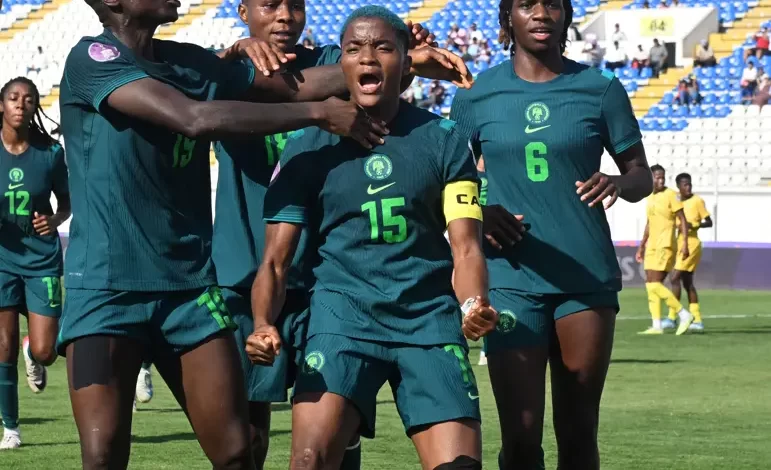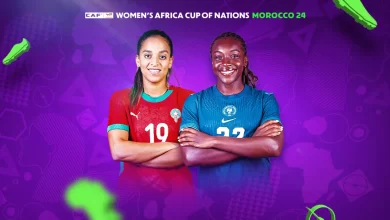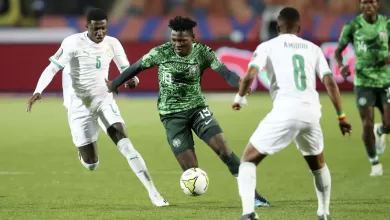Captain Rasheedat Ajibade marches toward WAFCON 2024 MVP title

Three years ago, Rasheedat Ajibade was a sombre figure as she left the pitch at the Stade Mohamed V, Casablanca, after being handed a red card for a professional foul against a Moroccan player in the first semi-final match of the 12th Women Africa Cup of Nations.
Team-mate, midfielder Halimatu Ayinde, also got a red card, forcing Nigeria to prosecute large parts of the second half and the extra-time period with only nine players. As a consequence, both players were rendered ineligible for the third-place match, which Nigeria lost by the odd goal to Zambia.
Images from that encounter are what Ajibade wants banished as the Falcons and the Lionesses clash in the final at Rabat’s Stadium on Saturday.
Fast forward to July 2025, and Ajibade, captain of Nigeria, is standing tall and proud, and continues to be the cynosure as the Super Falcons march assuredly to the championship match with iron determination and resoluteness to accomplish Mission X.
Team-mate Esther Okoronkwo won the Woman of the Match award when Nigeria thrashed Tunisia 3-0 in their opening match at the Larbi Zaouli Stadium, but the one they call ‘Rash’ took over from there, winning the awards against Botswana, Zambia, and South Africa, and looking in command to pluck the Player of the Tournament diadem on Saturday night.
Just before the commencement of the championship, Ajibade, who ploughed through the full gamut of Nigeria’s women’s teams, said at a webinar organized by the Confederation of African Football:
‘For us, effort is everything. We’ll demonstrate what we’re capable of and continue to build on our existing strengths. We have an incredible group of talented players. We’re all excited to be here. We know it won’t be easy but we’re committed to showing up as our best selves.’
The lithe and self-effacing Nigerian leader is also highly motivated by the fact that the Super Falcons have never lost a final match at the Women AFCON, going back to the first competition that Nigeria hosted in 1998.
‘We know pedigree and past achievements mean little in a match of this nature, but records also serve to encourage and inspire people and groups to go all out when it matters most,’ Ajibade said.




